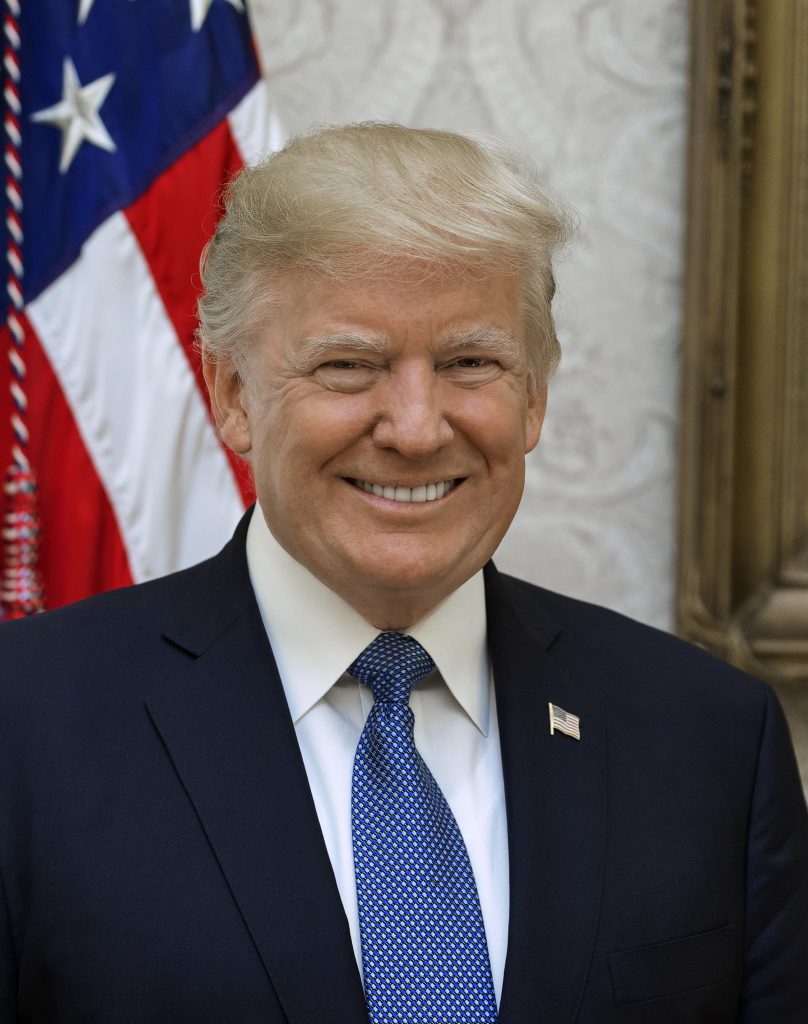Donald Trump’s election could impact US-Pakistan relations, but not in a straightforward way. Despite the perception that Pakistan had strong ties with the US under Trump, the reality was more transactional.
Trump sought Pakistan’s assistance to negotiate with the Taliban, rewarding then-Prime Minister Imran Khan with a Washington visit. However, once the Taliban deal was secured, Trump largely disengaged.
Under another Trump presidency, the US-Pakistan relationship is likely to remain a low-priority issue, mirroring the limited engagement seen during Biden’s tenure.
While Biden aimed for a balanced, low-intensity approach, Trump may maintain this path, with focus directed by the State Department and Pentagon on four core elements:
1. China, India, and Afghanistan: The US will seek to counter China’s influence in Pakistan while maintaining India’s strategic role in its Indo-Pacific agenda.
2. Internal Stability and Nuclear Security: Pakistan’s economic challenges and extremism issues remain critical US concerns, particularly regarding nuclear asset safety.
3. Counterterrorism Cooperation: Washington needs Pakistan’s partnership against transnational terrorism and regional insurgencies threatening stability.
4. Economic Ties: While cautiously optimistic, US-Pakistan economic cooperation focuses on energy, IT, and agriculture, with the US as Pakistan’s top export destination.
Trump’s transactional style emphasizes what each nation can offer the US, potentially leading to a demand for Pakistan to contribute more to its security needs, alongside possible tariff increases and a firm stance on China.
Trump’s promise to mediate the Kashmir issue was more about image than policy; Pakistan would need to approach him through discreet diplomacy to avoid adverse public attention.


